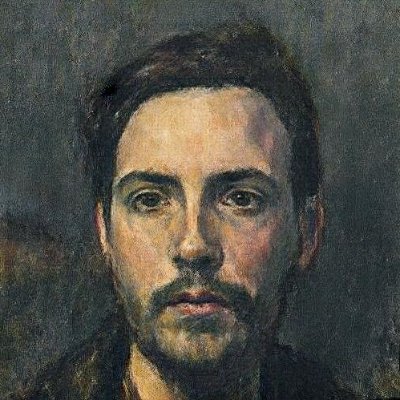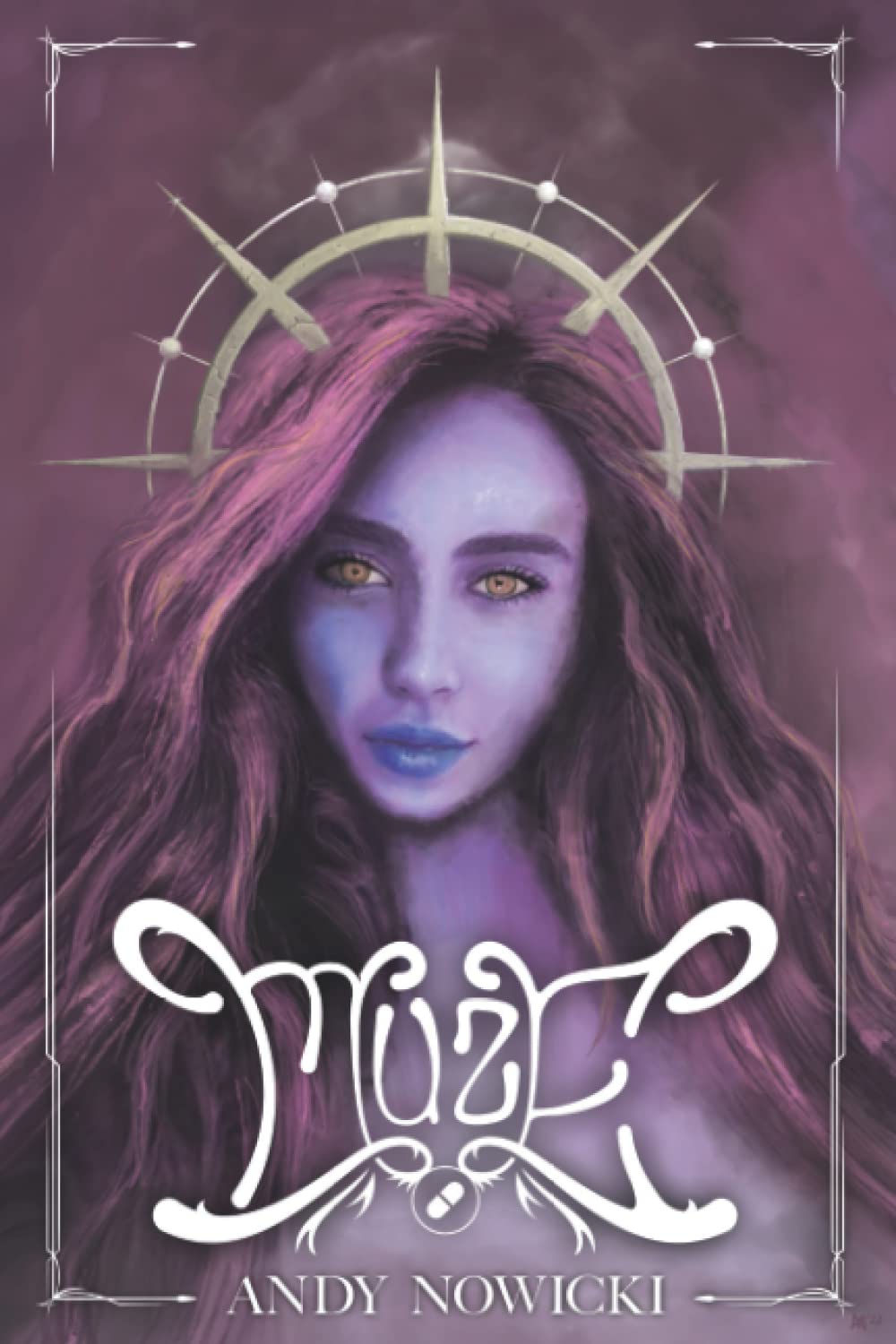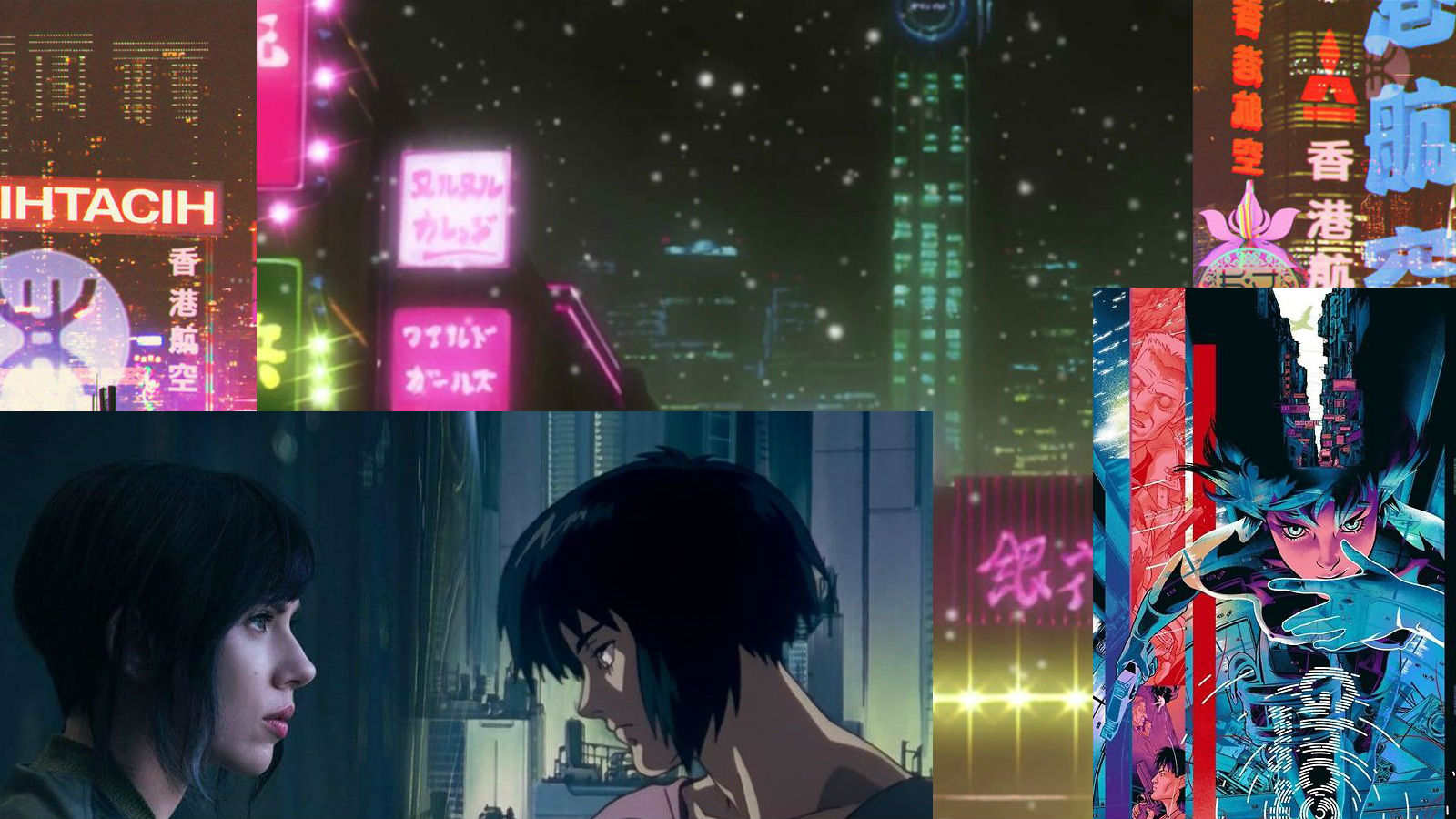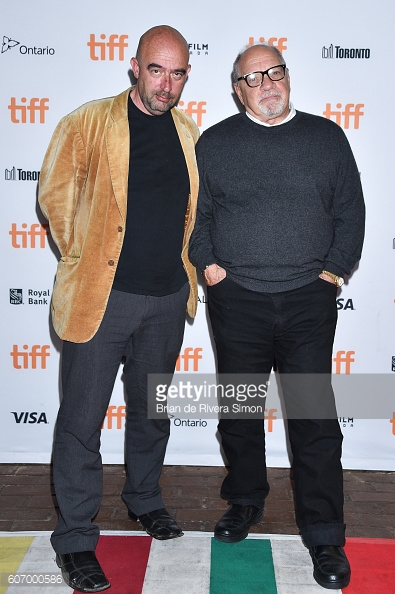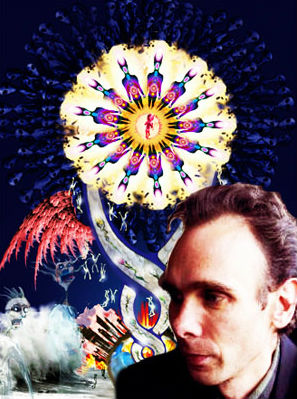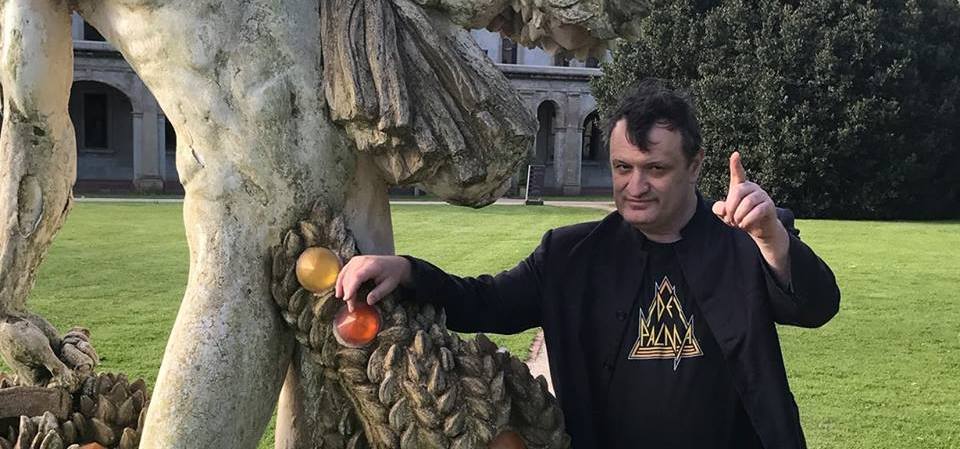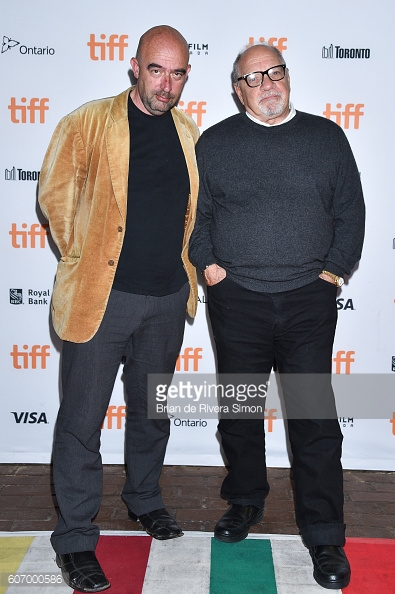Robert Starks and Francis Nally (aka Pilleater) talk to Evee about culture and aesthetics, psychology, and sexuality. Evee, a long time fan of the podcast, is an underground artist and musician (formally signed to Eyeball Records) from New Jersey, and is of French and Italian descent. Evee is a soi-disant Avant Garde bohemian, and champagne socialist, with a French mentality in temperament and cultural sensibilities. Check him out on YouTube and Twitter.
Topics:
Evee’s satirical fan videos of Robert Stark, Luke Ford and Jason Reza Jorjani
The New Jersey scene as a more authentic precursor to Dime Square
Revisiting the scene known as the Alt-Left, Alt-Center, or leftwing of the Alt-Right
Aesthetic preferences in art and cinema
The politics and philosophy of aesthetics
Why economic elitism is the enemy of cultural elitism
Why sincere sexual and aesthetic-based racism is preferable to sublimating these preferences into reactionary politics
Why psychoanalysis could cure a lot of political and social problems
Why rightwing moralism is as bad as leftwing moralism
Evee’s intuitive view of human nature
Why Evee dislikes the Manosphere and Red Pill scene
The political symbolism of oral intimacy and fetish culture
The implosion of modern liberal society
Evee’s upcoming book of poetry
Click Here to download!
Checkout Robert Stark’s Facebook page, Twitter, Instagram, Stark Truth TV, novel Vaporfornia, and subscribe to his Substack.
